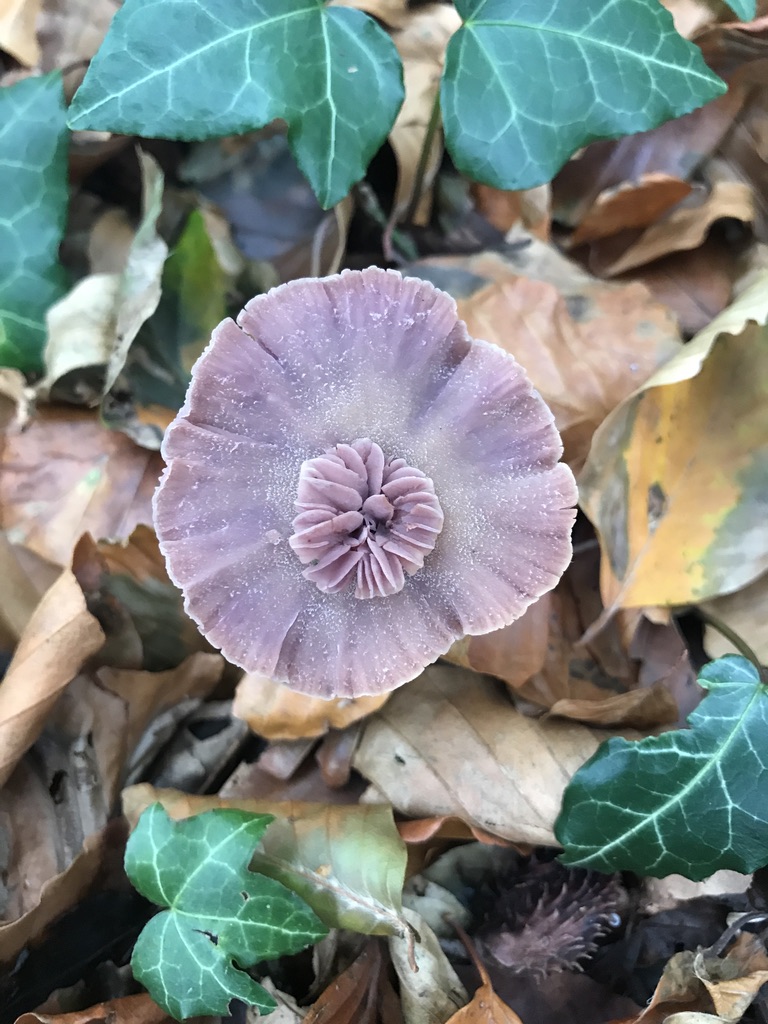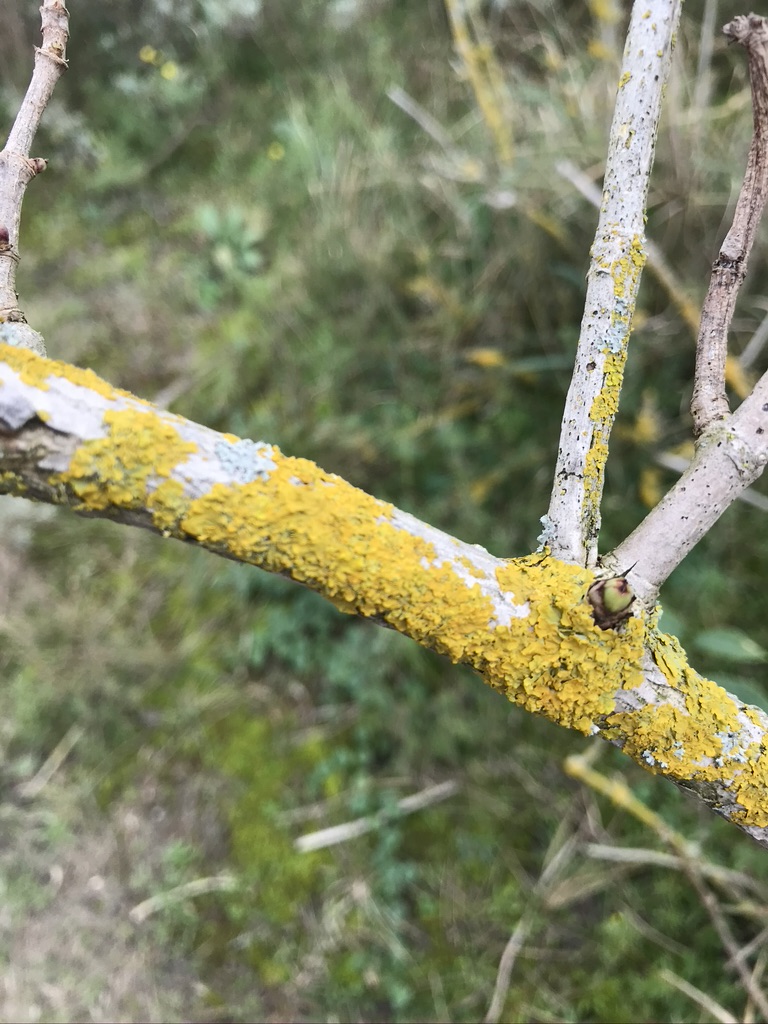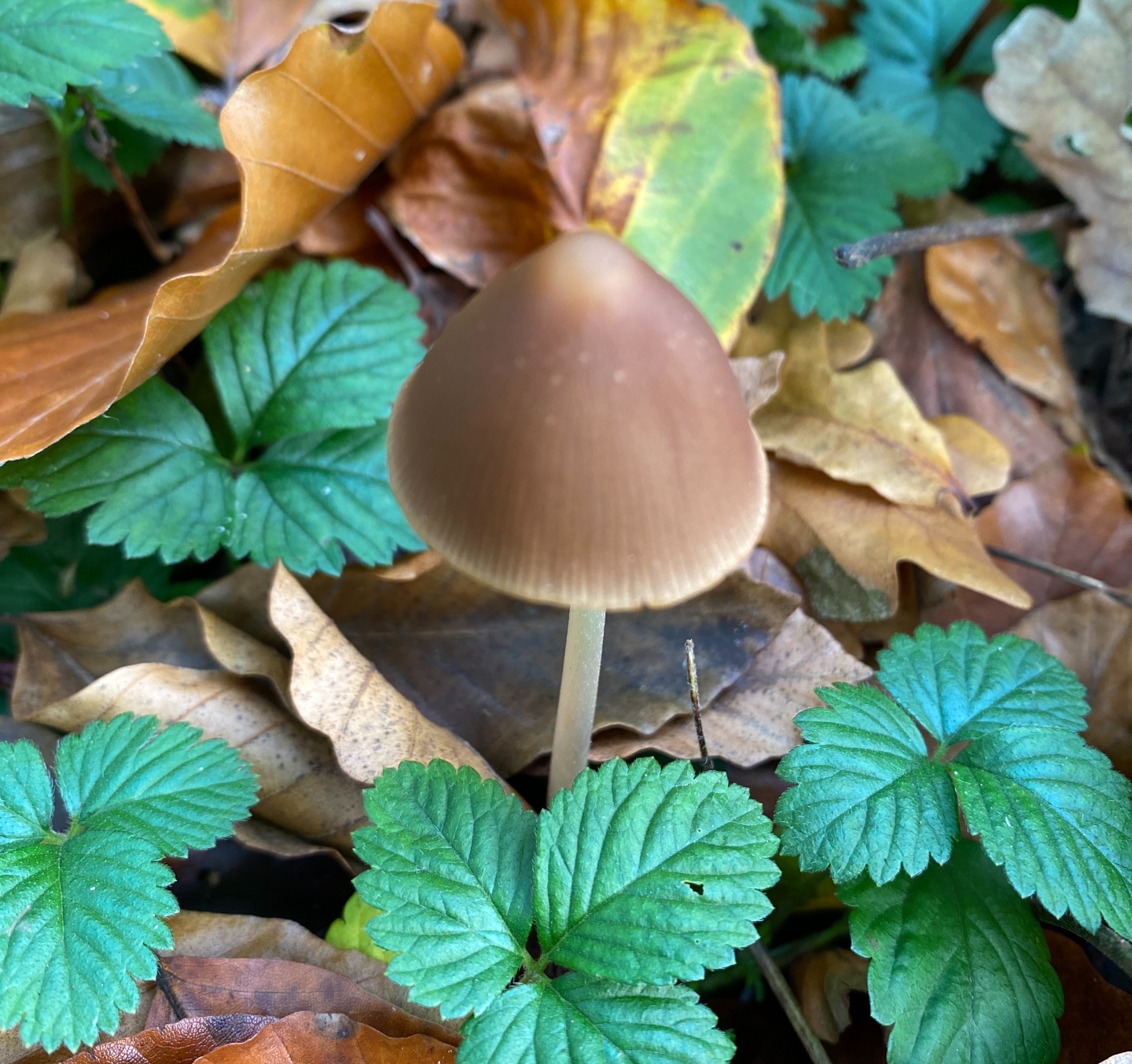
'Climate issues and sustainability should be part of every study programme'
Having lectures on sustainability when you're a first-year student of Law, or a course on climate change when you're studying Public Administration may sound odd, but that is just what Associate Professor in Environmental Sciences Thijs Bosker wants to see happening. Together with his colleague Paul Behrens, he has been awarded a subsidy by the Leiden University Fund (LUF) to develop lesson plans that introduce environmental and climate issues into other disciplines. Thijs Bosker answers five questions.
You've already been working on the Thinking Global. Acting Local project with your students at Leiden University College The Hague (LUC) for some time. Why did you start the project?
‘Every day in the news you hear about forest fires, loss of biodiversity, famines, all of which show that our earth is under enormous pressure. These are the kinds of subjects I cover in a course within the Global Challenges programme. Because the problems are so huge, I talk about what is going wrong , and that can sometimes have a paralysing effect. I'm increasingly hearing students ask: 'What can I do as an individual? How can I start working on solutions myself?' Together with my colleague Paul I started to develop the Thinking Global, Acting Local project. The idea is that you take action locally that is linked to discipline-specific knowledge, so you give all the different activities an academic basis.'
Can you give an example?

‘One example is students gathering up plastic refuse in their own local area. Students were very enthusiasticto get started, but were also amazed at how much plastic they can collect that has been dumped in their immediate area. One student gathered kilos of plastic waste along the coastline of Kenya. Others used citizen science to monitor biodiversity near to where they live. But there were also students who looked at the environmental impact of their breakfast. These kinds of actions make the problem more immediately visible for students, and they also show what you can do yourself, from gathering up plastic waste to thinking carefully about what you eat. We formed working groups where we approached all these topics from an academic perspective, for example by connecting plastic to risk assessment, urban biodiversity to ecosystem services (such as the way the air is purified by trees), or food to erosion and water use.’
You also want students from other faculties to start working on the project. Why is that so important?
‘In the first place because students are hugely interested in dealing with the key problem facing their generation. There is a very high level of awareness among students, and that awareness is growing. Over the past couple of years, many young people have taken part in climate strikes and marches. Some of these young people are now studying or will shortly be studying at our university, and they are choosing to study such subjects as Law or Psychology, for example. Given their interest in the issue, it's very logical for the climate issue to be included in those study programmes.'
‘And, secondly, environmental issues can only be resolved by pooling knowledge from diverse disciplines. It's not just the problem of the environmental scientist who charts the extent of the issue. In a Public Administration programme, attention can be paid to the importance of effective legislation relating to plastic waste, or in a Law programme you can look at the massive amounts of plastic waste that the Netherlands exports to Turkey. Is this kind of behaviour responsible? Taking an interdisciplinary approach to the environment can bring you new insights.'
-

Students took photos of biodiversity in their surrounding area -

A branch covered in lichen near to Leiden University College -

A mushroom photographed as part of the project
There will most likely be colleagues at other faculties who are interested in the project and would like to integrate sustainability in their own courses, but who don't know how to get started. What advice would you give those colleagues?
‘The aim of this project is to help colleagues with a way of developing teaching material in three easy steps. First, we'll provide instructions for local actions against plastic pollution, for example, or loss of biodiversity. Second, we will develop subject-specific material explaining environmental issues so that a teacher of history or law doesn't need to study the environmental literature in any great depth. And an important third step is to offer teaching material that connects fundamental concepts in other disciplines, from law to history, to sociology. This way we intend to save other teachers a lot of the work that is involved in developing new course material, so that it will hopefully be easier for them to incorporate sustainabiity into their own subjects.'
'If we reach a thousand people a year, that could just be enough to make the difference.'
‘Obviously we can't develop all these teaching materials without colleagues from these other disciplines, because we need to be sure that the theme of sustainability fits properly within a specific study programme. An important first step is to organise workshops with colleagues during which we consider the question of how we can apply environmental problems and sustainability broadly in their fields, and how we can put these ideas together in a lesson pack. So, if there are colleagues out there who are interested and who would like to work on this project with us, please just get in touch with me.'
When can you say the project has been a success?
‘We're starting small, at Campus The Hague, but the good news is that a lot of other faculties are also active there. That makes it the ideal place to start. The subsidy from the LUF means we can fund the construction of a website, pay for support from a student assistant and also organise a number of workshops. We're going to use the experiences in The Hague to optimise the teaching material, and then, hopefully, it can be scaled up. In principle, you can apply this concept at any university anywhere in the world. Right now, we're on a knife edge in terms of climate, loss of biodiversity and soil degradation. If we reach ten colleagues a year with this project who each in turn reach a hundred students with the lesson packs, that's a thouand people every year. That could just be enough to make the difference.'
Main photo: Extinction Rebellion activists campaigning for the climate during the Dies Natalis in 2020.
Text: Tim Senden
